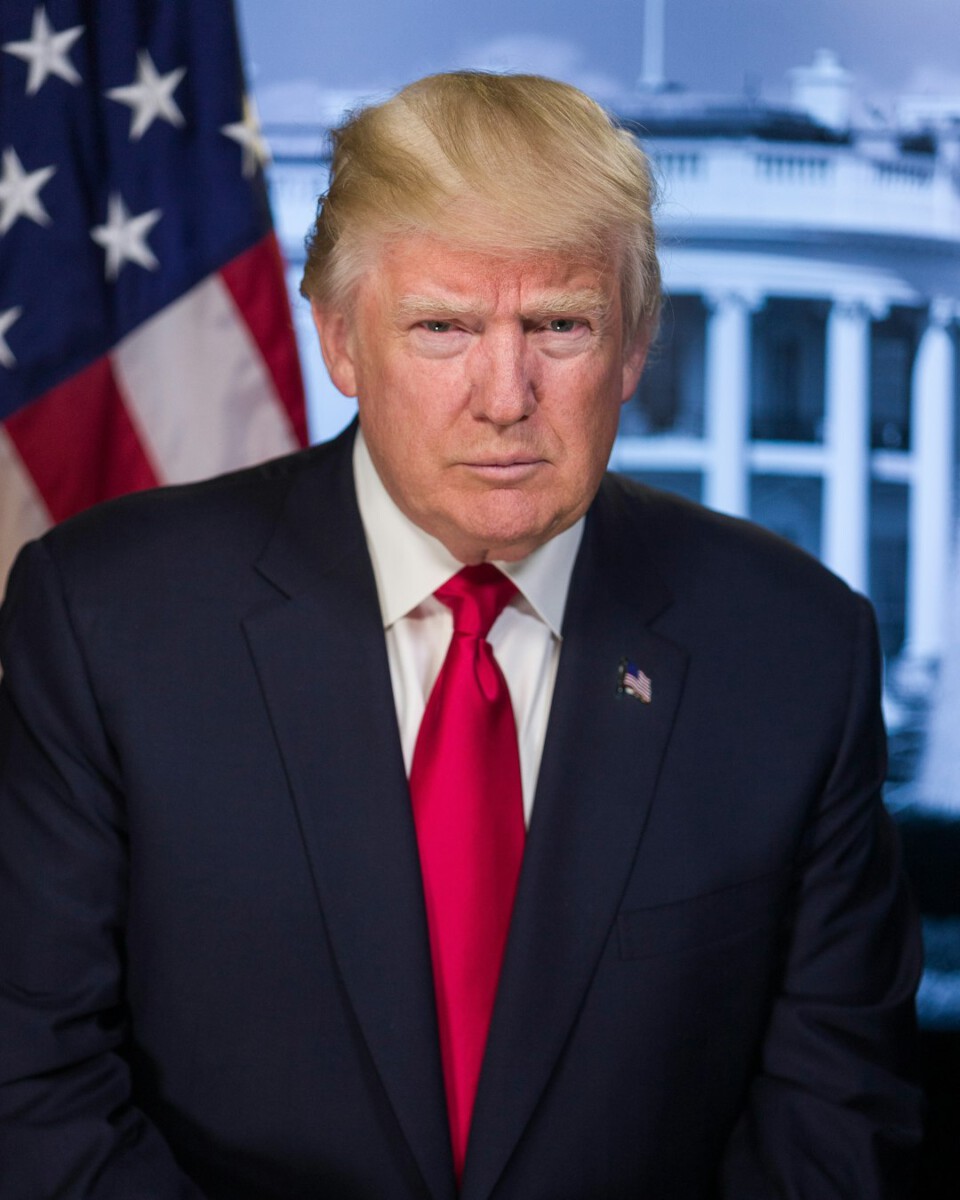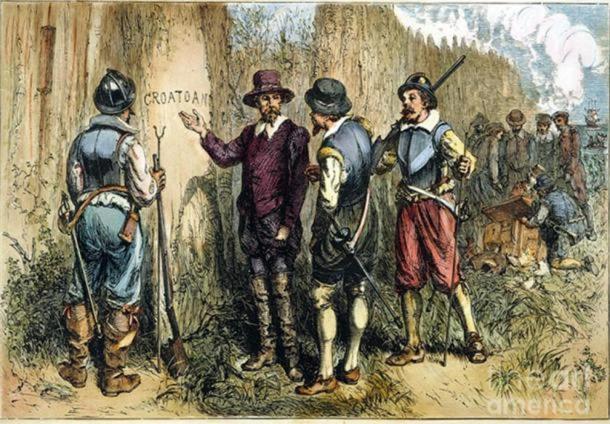The Unexpected Diplomatic Win (image credits: Unsplash)
In the tense air of diplomatic breakthroughs, a wave of relief swept through capitals as news of the agreement spread, carrying whispers of hope amid the echoes of conflict.
The Unexpected Diplomatic Win
Just when the Gaza standoff seemed endless, President Donald Trump stepped in with a deal that caught everyone off guard. It’s the kind of move that reminds us how one bold push can shift the sands of geopolitics.
Announced on October 8, 2025, the agreement marks the first phase of a ceasefire plan, focusing on hostage releases and troop withdrawals. Trump’s direct involvement, including his recent Middle East engagements, turned talks in Egypt into tangible progress.
This isn’t just talk—it’s a framework that’s already gaining traction, with both sides signaling commitment despite the long road ahead.
Breaking Down the Deal’s Core Promises
At its heart, the pact promises an immediate pause in fighting, starting within 24 hours of ratification. Hamas agrees to release hostages, while Israel commits to pulling back forces from key areas.
It’s structured in phases, with the initial one aiming to build trust. Reconstruction aid for Gaza is on the table too, backed by U.S. and international support to prevent backsliding.
Experts note this builds on prior efforts but adds Trump’s signature pressure, making compliance more likely through tied incentives.
International Voices Light Up with Praise
Israeli President Isaac Herzog didn’t hold back, thanking Trump for his “incredible leadership” in a statement that highlighted the deal’s potential to save lives. It’s a rare bipartisan nod in a polarized region.
From Europe to the Arab world, leaders echoed the sentiment. Egypt’s role as host got a shoutout, but Trump’s brokerage stole the spotlight, with comments praising his deal-making savvy.
Even Qatar and the UAE, key players in the talks, expressed optimism, calling it a step toward lasting stability.
Why This Matters Beyond the Headlines
This agreement isn’t just about pausing bombs—it’s a lifeline for civilians who’ve endured years of hardship. Imagine families reuniting after endless worry; that’s the human side driving the global cheers.
Economically, it opens doors for rebuilding Gaza, potentially boosting trade and tourism in the region. Trump’s approach, blending tough negotiations with incentives, shows how U.S. influence can still pivot conflicts.
Yet, it’s fragile. Ongoing bombings remind us that implementation will test everyone’s resolve.
Challenges That Could Test the Truce
Despite the hype, hurdles loom large. Hamas and Israel have derailed deals before, often over details like prisoner swaps or border security.
External factors, from regional tensions to domestic politics in both nations, could complicate things. Trump’s team is already planning follow-ups, but enforcement mechanisms remain a weak spot.
Still, the international backing adds weight, pressuring both sides to stick to the script.
Looking Ahead to a Brighter Horizon
As phase one kicks off, eyes turn to Trump’s promised involvement in monitoring peace. His visit to the Middle East soon could solidify gains, turning words into watched actions.
The deal’s success hinges on sustained global support, from funding to diplomacy. If it holds, it could redefine U.S. foreign policy in the region.
- Hostage releases to begin immediately upon ceasefire start.
- Israeli troop withdrawal from Gaza corridors.
- U.S.-led aid package for humanitarian relief and reconstruction.
- Phased approach to full peace, with international oversight.
- Commitments to halt rocket fire and airstrikes.
Key Takeaways:
- Trump’s leadership earns rare cross-border praise, boosting his diplomatic cred.
- The deal prioritizes lives with quick hostage and aid actions.
- Long-term peace requires vigilance to avoid past pitfalls.
In a world quick to criticize, this moment stands as a testament to persistent diplomacy’s power—proving that even deep divides can bridge with the right push. What do you think this means for the region’s future? Share your thoughts in the comments.







